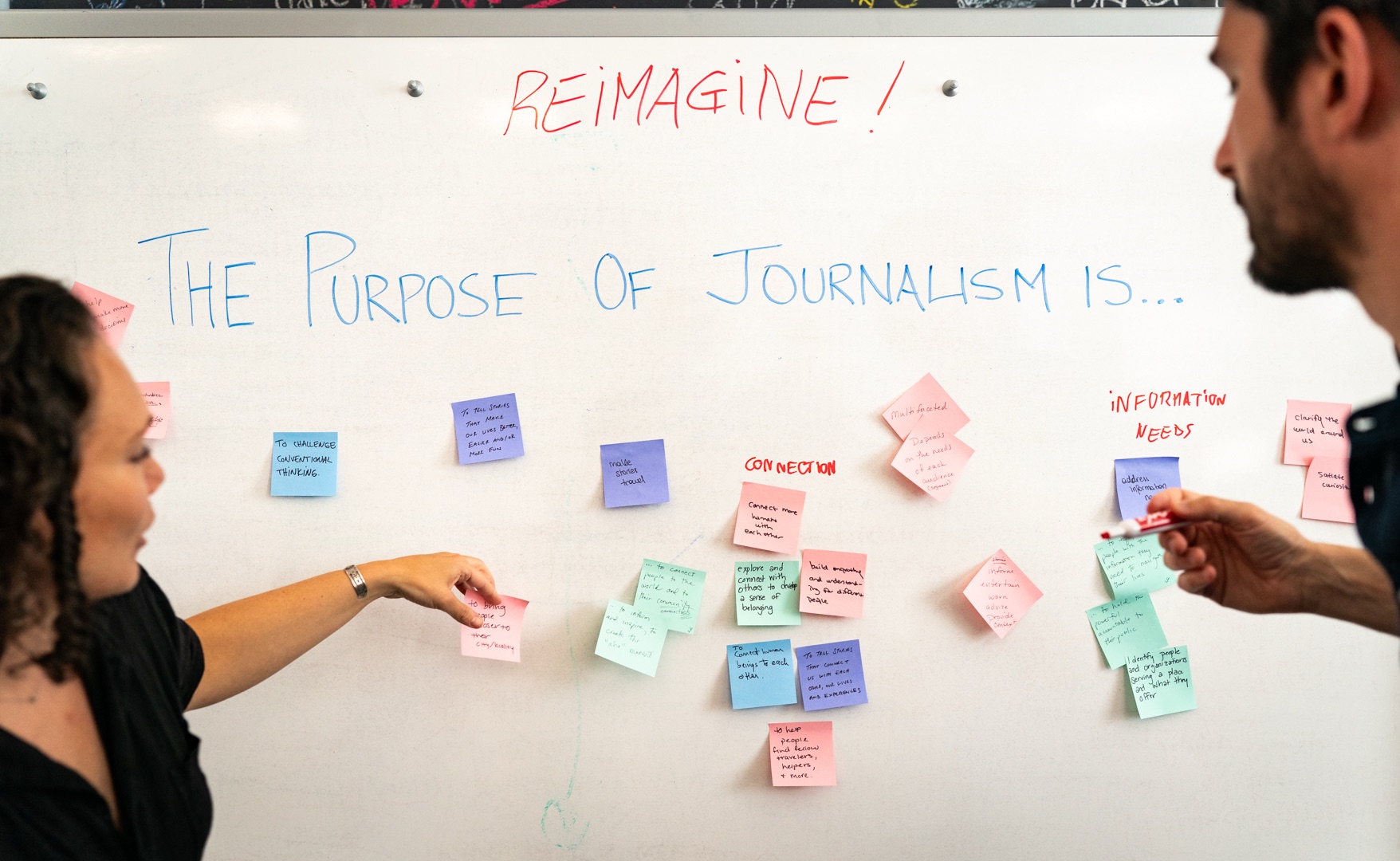Ask me what my biggest take-away was from hours of logging tape for NPR’s ongoing series on the United Nations Conference on Climate Change in Paris, and I will say, “If you want to ensure that your audiences are educated, empathetic and responsive, responsible you'll have to speak their language."
In the past few weeks, I’ve listened to (and rewound, slowed down, and re-listened to) some of the world’s leading scientists describe what went right and went wrong since the establishment of the Kyoto Protocol in 1997. Most if not all at some point mentioned that they and their colleagues incorrectly assumed that, when presented with the stark facts, the people would act to reduce their carbon emissions.
They were wrong. The scientists, to make change, needed to have communicated more effectively to a non-scientific audience. In short, they failed to speak to their audience effectively.
That lesson was reiterated over lunch with some journalism and policy folks at my first MozFest. We were talking about the successes and failures we’ve had in persuading those not in our field to adapt a certain practice to better the world through the Internet or through data. We concluded that when communicating about the importance of good technology practices, data and design to those who are not fellow journalists or journo-techies, we cannot simply say (to editors, clients, coworkers and more), “This site needs to be responsive. Everyone is using a smartphone.”
Instead, we must present the facts by connecting with the values of whomever we are speaking to. For example, “an optimized mobile presentation of the site will keep visitors on the page and increase traffic,” or “adapting x new practice fits into our mission of y.”
During my session, “No Good Number Goes Unpunished,” we discussed the importance of clarity when framing a dataset to our audience. Is it really enough to publish the margin of error in small print at the bottom of a chart, without explaining from where the error may have come, or what “margin of error” even means? The answer depends on your audience. Efficient and reliable reporting is important, but remember that journalists do not and should not write for journalists. And designers and technologists shouldn’t assume that the language they employ works as well with those outside the community as those inside.
About the author
Tagged





